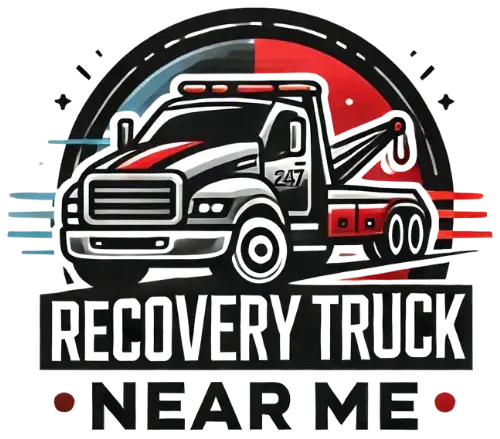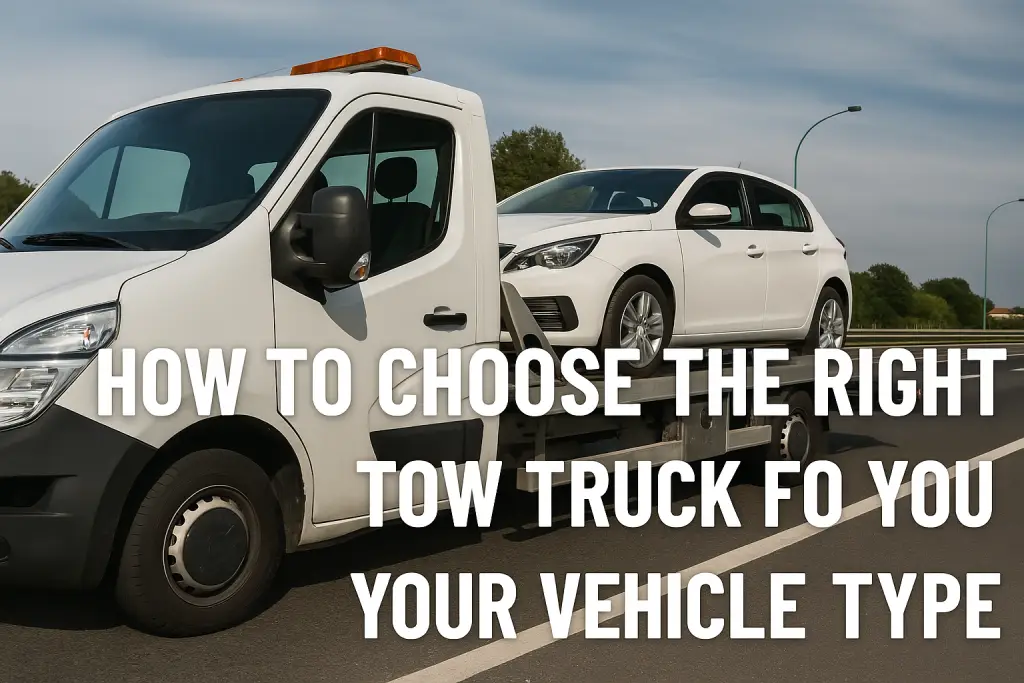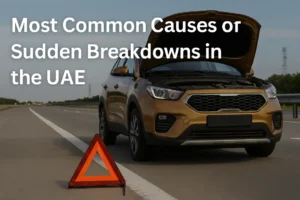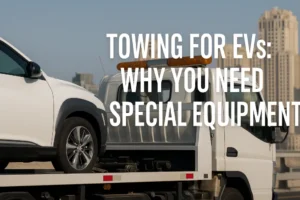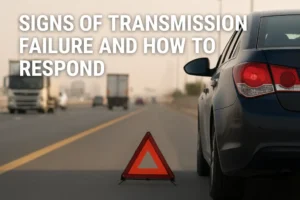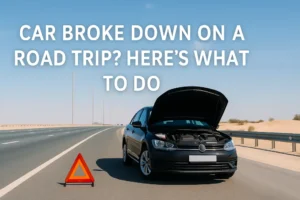Introduction
When your vehicle breaks down, choosing the right type of tow truck isn’t just a matter of convenience – it can save your car from serious damage. In the UAE, where luxury vehicles, SUVs, and off-roaders dominate the roads, it’s crucial to understand the difference between tow truck types and what they’re suited for.
This guide breaks down each type of tow truck, the vehicles they’re best for, and how to make a quick, informed decision when calling for assistance. Whether you’re driving a compact car or a 4×4, this article will help you avoid costly towing mistakes.
Types of Tow Trucks (And When to Use Them)
Below is a simple table comparing the most common types of tow trucks in the UAE:
| Tow Truck Type | Best For | Pros | Cons |
|---|---|---|---|
| Flatbed Tow Truck | Luxury cars, AWDs, low-clearance vehicles | Prevents wear and tear; safe for any car | Slower to load |
| Wheel-Lift Tow Truck | Compact cars, quick recoveries | Fast, efficient in tight spaces | Not suitable for AWD or damaged axles |
| Hook & Chain Tow Truck | Wrecked or totaled vehicles | Strong pull for damaged cars | Can damage bodywork—avoid for normal tows |
| Integrated Tow Truck | Heavy-duty vehicles, buses | Best for industrial/commercial vehicles | Expensive; overkill for standard cars |
| Boom Tow Truck | Ditch or off-road recovery | High-lift capability | Not gentle—use for emergencies only |
Flatbed Tow Trucks: The Gold Standard
If you drive a luxury car, sports car, or 4-wheel drive, a flatbed tow truck is your safest option. This method lifts the entire vehicle onto the truck bed, avoiding friction and preventing potential damage to your drivetrain or suspension.
This type is recommended by AAA for modern vehicles with sensitive transmissions.
Wheel-Lift Towing: Fast & Efficient
Ideal for front-wheel drive cars and urban towing, wheel-lift trucks are quicker and more maneuverable – especially in tight areas like Dubai Marina or downtown Abu Dhabi.
However, they’re not ideal for AWD vehicles or if your car has any undercarriage damage, as improper lifting can damage the drivetrain.
Car and Driver explains how wheel-lift methods have evolved to reduce damage – but they still require care.
When to Avoid Hook & Chain
Hook & chain trucks, once the industry standard, are now rarely used except for wrecked vehicles. They place stress on the bumper and suspension and are not suitable for any undamaged or modern vehicle.
As noted in Kelley Blue Book’s guide, this method can severely damage your car’s body panels or drive components.
Towing Off-Road or in Desert Conditions?
For sand or off-road recovery, you’ll likely need a boom tow truck or a winch-equipped recovery vehicle. These trucks specialize in high-angle pulls and uneven terrain.
If you’re stuck during a desert safari or a camping trip in Hatta, the safest move is to contact a provider like Recovery Truck Near Me, which specializes in desert recovery solutions across the UAE.
Match the Truck to the Situation
When calling for assistance, tell the service provider:
- Your vehicle make and model
- Whether it’s AWD, RWD, or FWD
- Your current location and terrain
- Any visible damage or issues
This ensures you get the correct equipment, avoiding delays and minimizing damage.
Final Thoughts
Choosing the right tow truck isn’t just about getting your car from point A to B, it’s about protecting your investment. Flatbed towing is ideal for most modern vehicles, while wheel-lift trucks work well for lighter, simpler cars. For anything off-road or unusual, a specialist towing company like Recovery Truck Near Me can handle the job.
Understanding your options today can save you thousands tomorrow.
